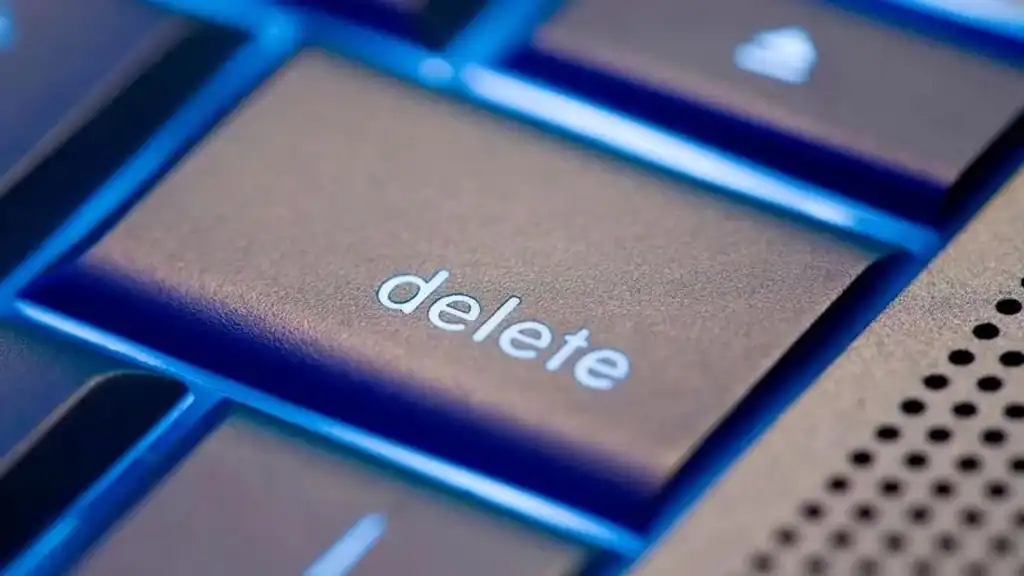Top 5 Cyber Hygiene Habits for Staff – and How to Build Them
You can invest in the best firewalls, anti-malware, and monitoring tools — but if your staff aren’t practising good cyber hygiene, your defences still have cracks.
Human error remains the #1 cause of data breaches. But with the right habits in place, your people can become your strongest layer of protection.
Here are the top five cyber hygiene habits every business should be building — and how Beyond can help you turn them into part of your company culture.
1. Think Before You Click
Phishing emails are more convincing than ever — using branding, urgency, and even AI to trick staff into clicking malicious links or entering credentials.
Good habit:
✔️ Always double-check email addresses and URLs
✔️ If it looks “off”, double-check it
✔️ Avoid clicking links in unexpected emails or texts
✔️ Report suspicious messages immediately
Beyond Tip! Cyber Essentials recommends secure email filtering and user awareness to reduce phishing risks.
2. Use Strong, Unique Passwords (and a Password Manager)
Using "Company2024!" across every platform is asking for trouble. Credential stuffing and password leaks are common — and attackers rely on password reuse.
Good habit:
✔️ Use different passwords for every system
✔️ Use a password manager to store and generate strong passwords
✔️ Never write them down or share them
Beyond Tip! Cyber Essentials requires secure user access controls — including strong passwords.
3. Always Use MFA (Multi-Factor Authentication)
MFA adds a second layer of protection, meaning a stolen password isn’t enough for attackers to break in. It’s now a standard requirement for most platforms — and should be mandatory across your business.
Good habit:
✔️ Always enable MFA when available
✔️ Never approve login prompts you didn’t initiate
✔️ Report any unexpected logins to the company/IT team as soon as possible
✔️ Use app-based authentication over SMS where possible
Beyond Tip! MFA is a core component of Cyber Essentials, providing an essential line of defence.
4. Update Systems Promptly
Outdated systems are the easiest target for attackers. Security patches fix vulnerabilities — but they only work if installed. Don’t delay updates, especially for browsers, operating systems, and productivity software.
Good habit:
✔️ Install updates as soon as prompted
✔️ Don’t ignore update reminders
✔️ Restart your device regularly to complete updates
Beyond Tip! Cyber Essentials requires timely patching and secure configuration of all devices.
5. Keep a Clean Digital Workspace
Old files, unused accounts, and unauthorised software can all pose risks. Decluttering your digital environment improves both security and productivity.
Good habit:
✔️ Remove unused apps and accounts
✔️ Don’t store sensitive data locally unless encrypted
✔️ Lock your screen when away from your device
Beyond Tip! Cyber Essentials supports minimising unnecessary software and maintaining good device hygiene.
Building a Culture of Security
At Beyond, we don’t just help you secure your systems — we help you secure your people. That includes:
Regular cybersecurity awareness training
Phishing simulations and feedback
Tools to enforce strong passwords and MFA
Policy templates that align with Cyber Essentials, whether you’re certified or not
Cyber Essentials = Cyber Confidence
Cyber hygiene isn’t just about ticking boxes — but if you're aiming for Cyber Essentials certification, these habits form the foundation of compliance and resilience.
The framework is designed to help businesses create a culture of good security from the ground up — starting with staff.
Ready to Empower Your Team?
Let’s make security second nature for your people.
Reach out to us today — we’ll help you roll out the tools, training, and Cyber Essentials strategy to build strong habits that stick.

